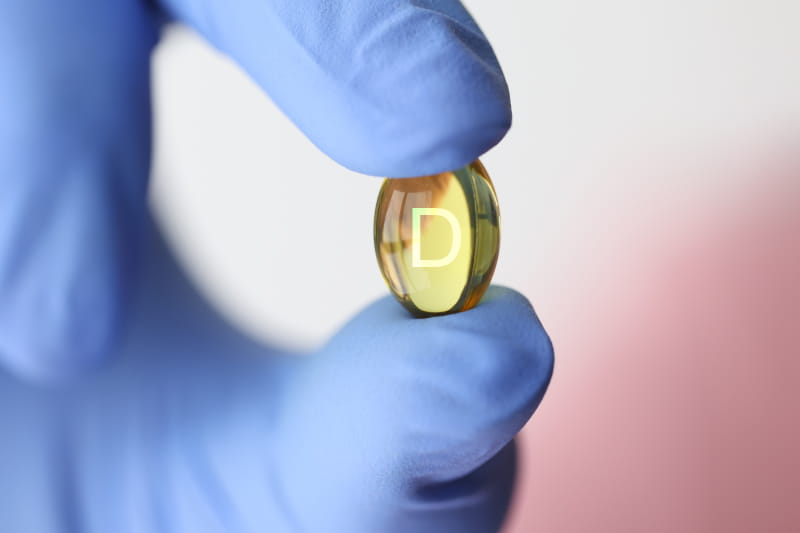
Taking Vitamin D Supplement Daily Gets the Official Nod from Public Health of England
The Public Health England (PHE) has officially recommended a daily intake of 10 micrograms of vitamin D to maintain healthy bones, teeth and muscles. It advised the government, on July 21, 2016, to make vitamin D part of the health care in the country, based on the evidence of benefit and health.
Vitamin D is made in the skin when it’s exposed to sunlight. The body can also get the nutrient from certain food (oily fish, red meat, liver, egg yolks) or food fortified with vitamin D.
Vitamin D regulates the amount of calcium and phosphate in the body, both of which are needed for healthy bones, teeth and muscles. While majority of the population in England can get Vitamin D outdoors in the spring and summer, the lack of exposure to the sun in the fall and winter required relying on a dietary supplement, the agency said. “During autumn and winter, everyone will need to rely on dietary sources of vitamin D. Since it is difficult for people to meet the 10 microgram recommendation from consuming foods naturally containing or fortified with vitamin D, people should consider taking a daily supplement containing 10 micrograms of vitamin D in autumn and winter.”
The health agency said people whose skin has little or no exposure to the sun risk vitamin D deficiency and need to take a supplement throughout the year. “Ethnic minority groups with dark skin, from African, Afro-Caribbean and South Asian backgrounds, may not get enough vitamin D from sunlight in the summer and therefore should consider taking a supplement all year round,” it said. The agency also recommended that children aged 1 to 4 years should take 10 microgram vitamin D supplement daily. It advised that babies should be exclusively breastfed until around 6 months of age, and as a precaution under 1 year should have a daily 8.5 to 10 microgram vitamin D supplement to ensure they get enough.







